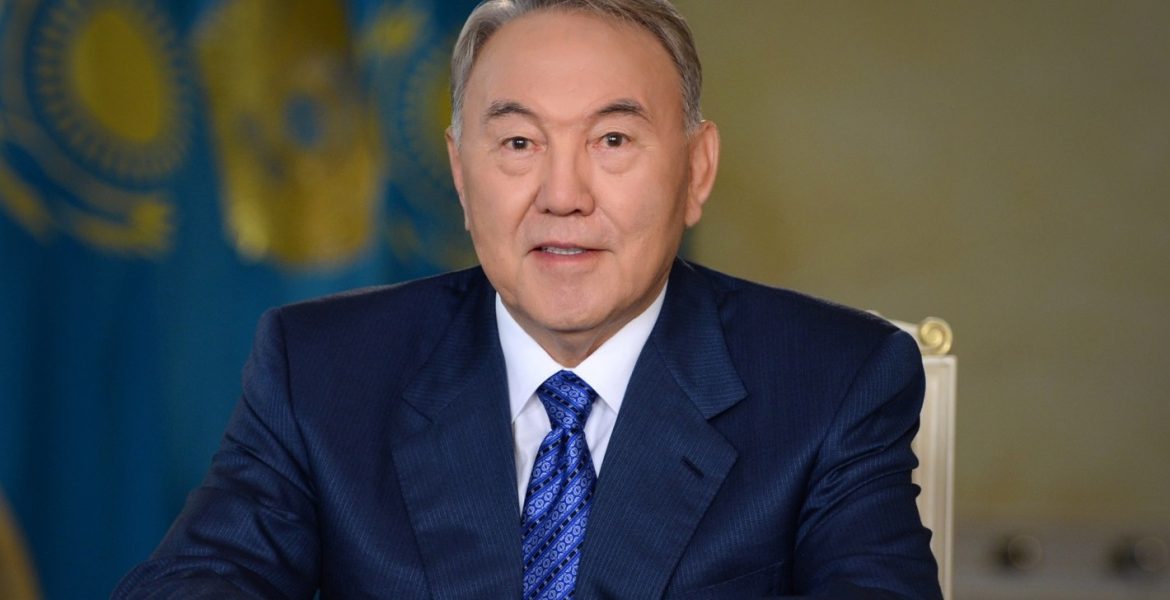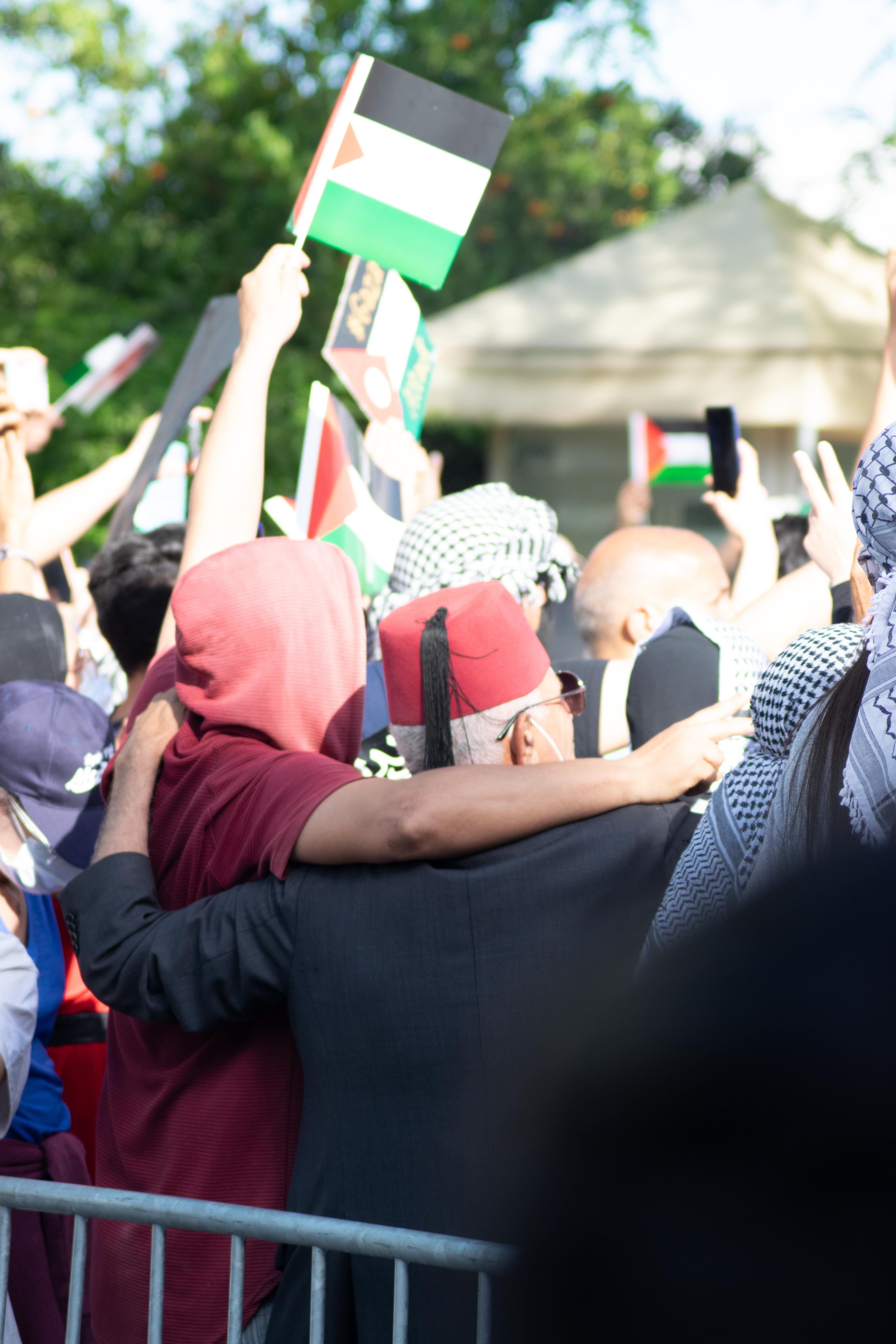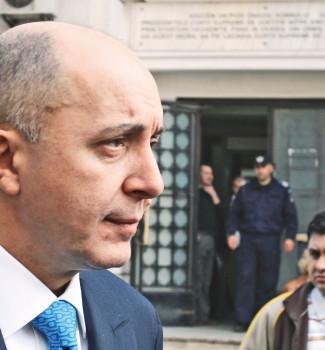In the 30 years since the declaration of independence, Kazakhstan has made a long historical journey, writes Philippe Jeune.
In terms of historical dimension, of course, 30 years is less. At the same time, the historical path that Kazakhstan followed during this time, the decisions taken are worthy of centuries, of an era. Equal.
From 1991 to 1999, if we briefly analyze the decisions and policies adopted by Kazakhstan and its leader, NA Nazarbayev, first of all, in 1992, at the 47th session of the United Nations General Assembly, Elbasi pronounced a historic discourse. In this report, N. A. Nazarbayev raised the issue of regional and global security by creating the Council for Cooperation and Confidence Building Measures in Asia / CICA /. Today / ICCA / is the international authority of the organization.
Second, in 1994, N. A. Nazarbayev proposed to create the idea of Eurasian integration at Lomonosov Moscow State University in front of the Russian professor and intelligentsia.
But some Kremlin officials did not pay attention to this proposal from the head of state. There were even those who criticized him and criticized the leader of Kazakhstan. In Adai, historical development itself has proven the viability of Nazarbayev’s idea. Today, the Eurasian Economic Union, which brings together the Russian Federation, Kazakhstan, Belarus, Kyrgyzstan and Armenia in 2015, operates within its ranks. Of course, we cannot say that all the issues before the UEE have been resolved. But, by combining 5 states into its ranks, a market with a population of around 185 million people has been created.
Third, in 1996 the idea of holding the next summit of the European Organization for Security Co-operation in Kazakhstan was put forward. The summit was held in Astana in 2010.
In 1996-1997, Nazarbayev’s leadership role also manifested itself during the Asian crisis that swept across the world. For the first time, Kazakhstan implemented concepts such as the end of the crisis, the road map.
Kazakhstan is a multi-ethnic state. In view of this, Elbasi in 1995 proposed the idea of establishing an Assembly of the Peoples of Kazakhstan. Today, the ANC is becoming an obvious political force, a political institution. The ANC turned 25 this year.
Thus, the period 1991-1999 was a difficult period for Kazakhstan. It was necessary, on the one hand, to considerably improve the international situation and, on the other hand, to strengthen the new economy, the state of the young state.
Since 1999, Nazarbayev has become one of the authoritative international leaders. You have to understand that to be a leader is to be a people who follow you.
In 2000, a new century began. Independent Kazakhstan faced new goals and objectives. With all this, Kazakhstan, with a confident leader, managed to overcome all difficulties. In 2000, Kazakhstan and the states of the world faced new challenges.
Especially:
• fight against international terrorism;
• 2007 financial crisis;
• fight against corruption in the country;
• Sudden worsening of security problems in Central Asia linked to Afghanistan;
• The impact of the noise of revolutions in the Middle East, known as the “Arab Spring •, on Kazakhstan and the states
of Central Asia;
• The “colored” revolutions in the CIS, among which 2005, 2010, 2015, 2020. the political coups in Kyrgyzstan, the
revolution in Ukraine in 2015, the introduction of the old dispute in Nagorno-Karabakh to a new war between
Armenia and the Azerbaijani states;
• Modern pandemic.
It is the only cause of political instability and threats caused by the crisis of the political system in the state, the political parties and, above all, the absence of a political leader in them.
And the head of state, with his leadership wisdom, brought Kazakhstan out of new challenges. It is truly exemplary political leadership.
Nowadays, we hear more and more that the events of the “Arab Spring”, Kyrgyzstan, Ukraine, Belarus, Armenia and Azerbaijan are not happening again in Kazakhstan.
In my opinion, the Kazakh people during the years of independence proved themselves to be a wise, brilliant and great people.
The Author, Philippe Jeune, is a freelance correspondent based in Brussels, and a periodical correspondent to EU Political Report. The views reflected in this article are those of the author, and do not represent the editorial position of EU Political Report.




